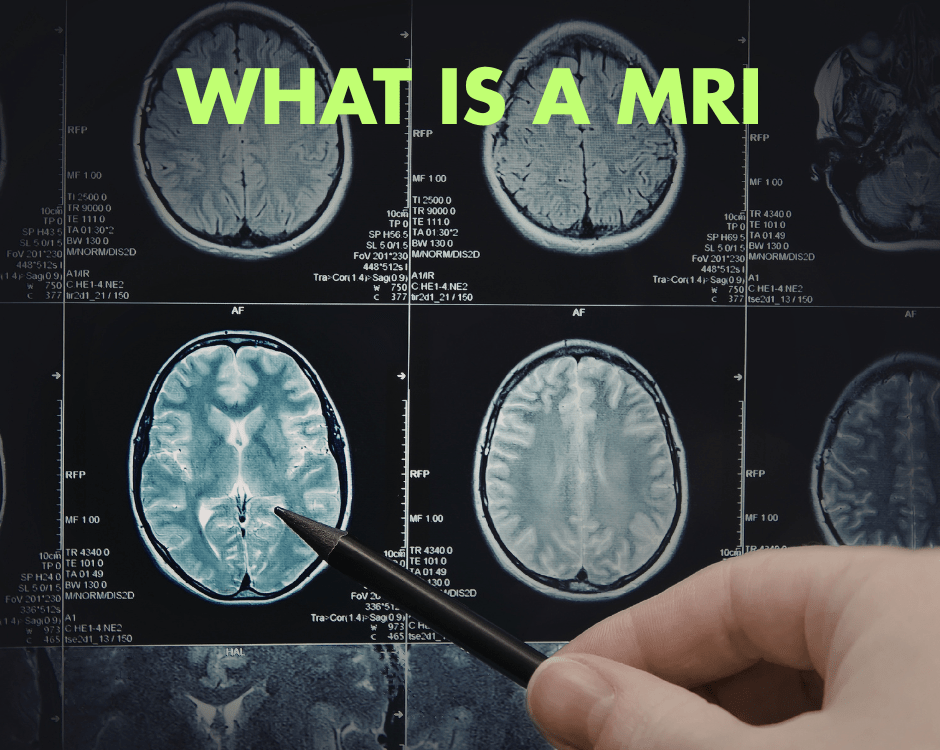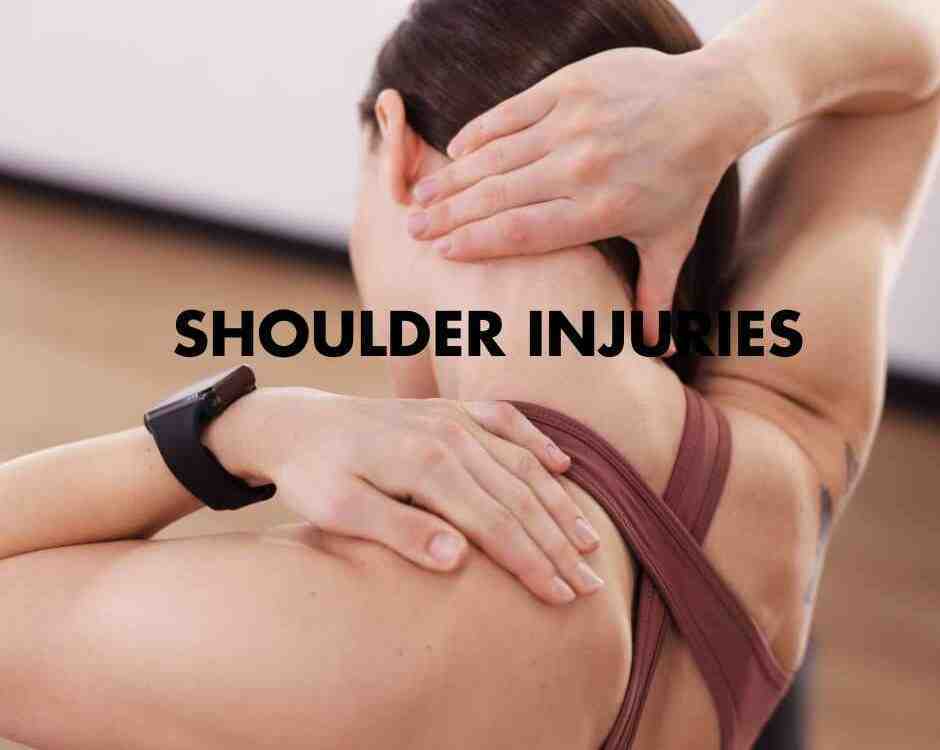Saving Lives with Smart Medicine
5 Surprising Ways Massage Therapy Can Help After a Car Crash
October 5, 2016Car Accidents, Injuries and How to Treat them Best
October 12, 2016Taking care of our bodies is probably the best way to stay healthy. Of course, our lifestyles can often get in the way. Even if you work from home, sometimes you have so much on your hands that cooking a proper meal is a bit of a challenge.
Bad habits lead to deteriorating health and this means that you need to spend more time at the doctors. The future of medicine will be changing though. The way the system works right now, you go to a doctor if something happens to you and symptoms start showing up.
However, the future promises slightly different. Instead of having to worry about treating a condition, you can actually get ahead of it.
Pre-Emptive Medicine and How It Works Today
Pre-emptive medicine is only getting started. Right now, it’s only applied to elderly individuals who need to be monitored remotely. Doctors are increasingly unable to handle a big load of patients nor are patients able to get the proper care they deserve.
Many physicians have figured out a way to save patients the empty runs to hospitals and only call upon patients who might need immediate help or show the physiological symptoms that point to some problem.
This type of medicine is most commonly used on elderly patients and it needs to rely on electronic bands that help doctors monitor their patients. Bands, of course, call up another thing into question – privacy.
To make sure that healthcare is done efficiently from a distance, everyone should agree to wear a band or at least make sure that they put it on for long enough to collect data. The best way for such a band to monitor the condition of the patient is to be on the wrist as long as it can.
This might exclude some strenuous activities, of course, but it would be immensely helpful for doctors to get a clear reading. Privacy is indeed a pressing issue that needs to be addressed head-on, but the truth is hospitals are perfectly capable of keeping records under tight wraps.
Using Remote Devices to Improve Healthcare
Remote devices can do a lot for patients. Imagine that you replace your 3-hour trips and 6-hour waits at a doctor. This is handy both for the doctors as they won’t spend time doing important but time-consuming tests that will require effort and resources.
Of course, the dangers of relying on a remote device should also be considered. For instance, a device can be faulty and send the wrong data. Therefore, if a patient feels that something is off, they should notify their physician who will make sure that an exam is set up.
Remote services like that will come to dominate every industry. Take for example something as simple as locksmiths. You can order a locksmith if you are in a car lockout emergency and make sure that you have your lock replaced urgently at a great price.
This is just a simple example, but it can be easily scaled to how medicine is evolving. Healthcare shouldn’t be just about spending hours on tests that you might not need. As our understanding of disease grows and technologies become smarter, we can get an early warning that something is off or needs to be checked up.
Live At Least 5 Years Longer
Bad habits are most certainly why many people develop health issues and that results in shorter live spans. What if we told you that by adopting some healthy habits you can actually increase your average life span by 5 years.
By staying on top of any disease you may develop, you are actually guaranteeing yourself a longer life, which is just the thing to do. Of course, diseases often strike at their own will and you needn’t think that you have done something wrong – genetics plays a big part in who falls sick. There are families that are predisposed to certain issues more so than others.
With remote medical health monitoring, the incidence of disease can successfully be reduced, guaranteeing you that if you cannot completely avoid disease, you can at least get on top of it when symptoms start to show up.
Treating disease today is quite a challenge for a physician with heavy workloads. However, smart technologies are coming to medical experts’ rescue just on time, allowing them to get on top of every problem that may pop along the way. Fighting disease today is as challenging as ever, but medical specialists can save more lives thanks to smart technologies.



